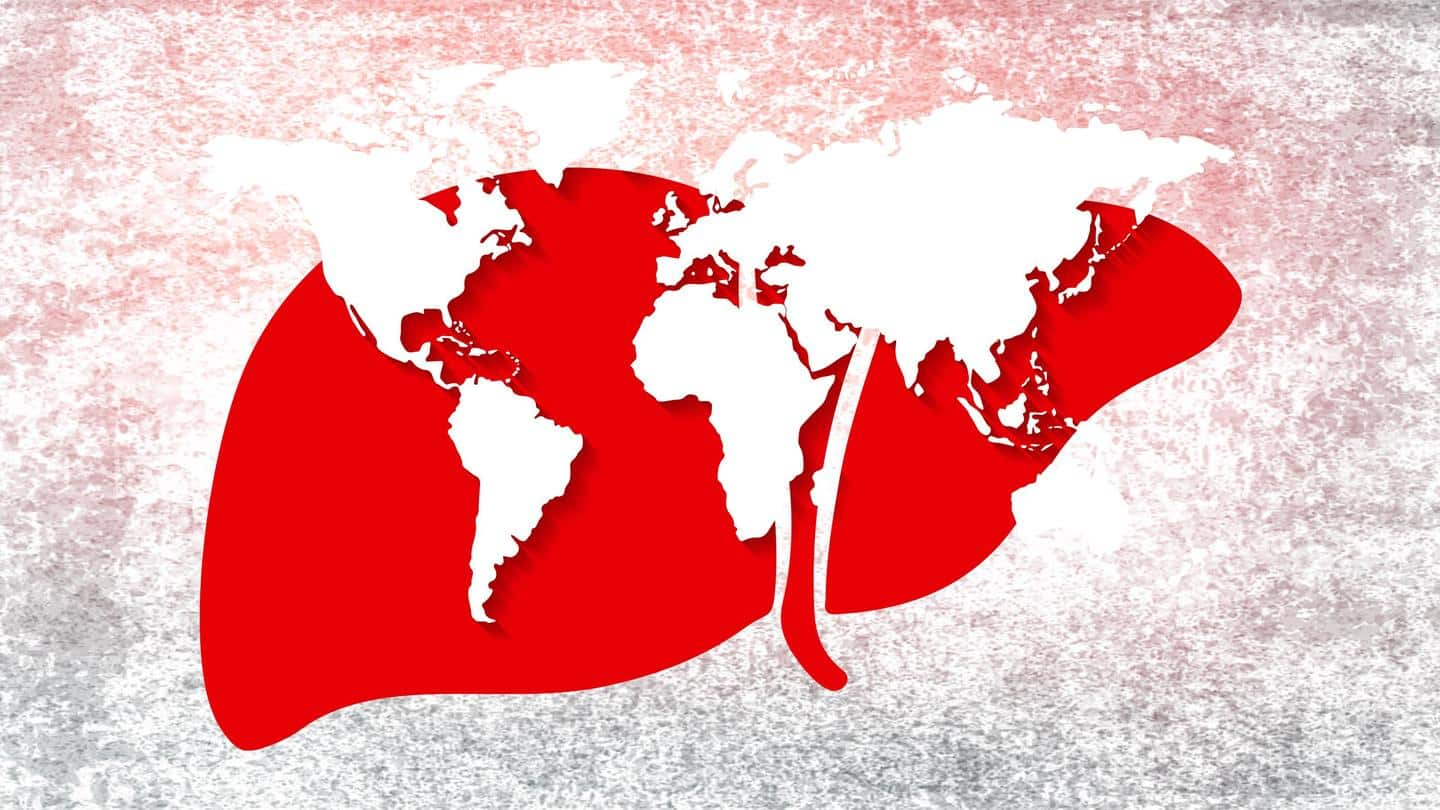
World Hepatitis Day 2022: History, significance, causes and symptoms
What's the story
Observed on July 28 every year, World Hepatitis Day is celebrated to spread global awareness about the deadly disease which has resulted in more than 1.34 million annual deaths. Hepatitis is an inflammation of the liver and is caused by five different viruses. The day is one of the 11 official global public health campaigns labeled by the World Health Organization (WHO).
Information
This year's theme
The theme for World Hepatitis Day this year is "Bringing Hepatitis care closer to you." The theme signifies that there should be more focus on raising awareness of the need to make hepatitis care more accessible to the population.
History
History of the day
The World Hepatitis Alliance was established in 2007 and the first community-organized World Hepatitis Day was observed in 2008. The day was established after the World Health Assembly planned to honor Dr. Baruch Samuel Blumberg and commemorate his birthday. Dr. Blumberg was an American physician who discovered Hepatitis B in 1967 and developed the Hepatitis B vaccine two years later.
Importance
Significance of World Hepatitis Day
WHO aims to achieve the elimination of hepatitis by 2030. To achieve the target, WHO has directed various countries to try to reduce new hepatitis B and C infections by 90% and hepatitis-related deaths from cancer and liver cirrhosis by 65%. It has asked countries to ensure that 90% of people with hepatitis B and C are diagnosed and at least 80% get treated.
Types
Know about the types of hepatitis viruses
Hepatitis A- It is spread through contaminated food or water, personal contact, and consuming raw shellfish. Hepatitis B- It is spread through body or blood fluids, intravenous drug use, and sexual intercourse. Hepatitis C- It is spread through blood-to-blood contact. Hepatitis D- Occurs only in those who are also infected with hepatitis B. Hepatitis E- Transmitted through drinking water contaminated with fecal matter.
Causes
Causes of the viral disease
All the hepatitis A, B, C, D, and E viruses are different from each other, and the causes and risks also differ. Usually, the viral disease can be caused by direct contact with someone who is infected with hepatitis. Poor hygiene and sanitation can also make you prone to viruses. It can also be caused due to contaminated food, and dirty water.
Symptoms
Symptoms of the disease
The chronic form of hepatitis like hepatitis B and C do not show any symptoms initially until the damage affects the functioning of your liver. The most common symptoms of infectious hepatitis include fatigue, dark-colored urine, loss of appetite, weight loss, abdominal pain, pale stool, and flu-like symptoms. Consult your doctor immediately as soon as you notice any symptoms.
Information
How to reduce the risk of hepatitis?
To prevent the risk of hepatitis, it's important to maintain proper personal hygiene, by ensuring your surroundings are clean and clear of the deadly viruses. Consume clean water and avoid eating contaminated or raw food.